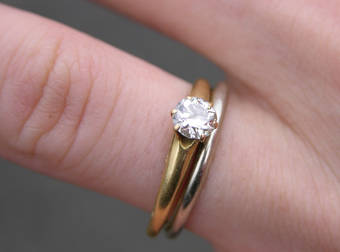Think of the most expensive thing you can. Gold? Diamonds? Heroin? Congratulations, you’re right! But those are only three of the most expensive items on the planet. There are more valuable substances in existence used for medicine, food, decoration, and recreation. These substances cost major bank and have spurred laws, crimes and tons of history. Let’s check them out.
19. White Truffles: $5/gram or $2,000/pound
White truffles are a seasonal mushroom that you can shave down and sprinkle on almost any food. You can also infuse them into oil and add them to a variety of meals. (We recommend mac and cheese.)
18. Saffron: $11.13/gram, or $5,040/pound
Saffron is the yellow or red pollen-covered substance found in the center of the crocus flower. People used saffron for centuries in cuisine as well as a natural medicine.
17. Iranian Beluga Caviar: $35/gram, or $1,000/ounce
Buy Beluga Caviar
That means $16,000 a pound. Also called almas, this delicacy from the Caspian Sea is generally eaten in small portions on crackers or bread.
16. Gold: $38.81/gram
Used since the dawn of time in jewelry. This soft, nonreactive metal is also used for electrical conductivity, and also aids in resistance to corrosion. It is available in food and beauty products for the status-conscious.
15. Rhodium: $45/gram, $1,270/ounce
Rhodium, seen here formed into a cube, is often used in three-way catalytic converters, which reduce carbon emissions in automobiles.
14. Platinum: $48/gram, $1,365/ounce
Besides its use in album sales (this one is Thriller), platinum is also found in jewelry, as a catalyst in a variety of experiments and scientific processes, and as an ingredient in some anti-cancer medications.
13. Rhino horn: $55/gram, $25,000/pound
So, humans are terrible and this is one of the reasons why rhinos are on the endangered list. The value in their horns stems from rumors that rhino horn can cure cancer. Other rumors also tell of its medicinal properties. Don’t kill rhinos, guys.
12. Creme de la Mer: $70/gram, $2,000/ounce
Proponents of this cosmetic insist that the $2,000 price tag is worth it, because it supposedly reverses the skin’s aging process thanks to fermented kelp. A NASA physicist originally developed it to treat burns. We’ll stick to accepting our fate of aging, though, since it’s cheaper. But hey, Creme de la Mer is still cheaper than heroin.
11. Heroin: High quality heroin can cost about $110/gram
Calling heroin “high quality” is something of an oxymoron, considering how many lives it destroys, but it remains popular. Heroin is an opiate and can be smoked, snorted, or injected, and the end result produces a euphoric high. It can also produce convulsions, comas, and death.
10. Methamphetamine: $120/gram, $1,600/ounce
Another euphoria-causing drug is meth, which is even more addictive and popular. Cooks often manufacture this drug using common ingredients in informal “labs.” No wonder Walter White went with this one.
9. Crack Cocaine: Up to $600/gram
Crack is a highly addictive and dangerous drug derived from cocaine that goes for serious money. And yes, it’s whack. Wiggity whack.
8. LSD: In crystal form, it goes for about $3,000/gram
Short for lysergic acid diethylamide and also known as “acid,” Timothy Leary and the hippie movement of the 1960s popularized this drug, which causes visual hallucinations.
7. Plutonium: About $4,000/gram
There are actually several kinds of radioactive plutonium, each with half-lives raging from 88 years to 80 million years. Nuclear power demands the use of plutonium, as do certain spacecrafts. It’s also used in nuclear weapons.
6. Taaffeite: Between $2,500 and $20,000 per carat (1 carat = 0.2 grams)
This gem ranges from a delicate pale pink to a deep mauve. Taaffeite is supposedly one million times more rare than diamonds, and mostly found on the floodplains of Sri Lanka. It’s a bit soft, as far as gemstones go, but it is used exclusively in jewelry.
5. Tritium: $30,000/gram
Tritium is a radioactive isotope of hydrogen, used for the self-lighting exit signs found in pretty much every public space. An estimated 2 million “EXIT” signs are in place around the US.
4. Diamonds: $13,000/carat, $65,000/gram
Diamonds are famous for being the gem of choice for engagement rings. Diamonds are also known for their extreme hardness, giving them industrial use as cutting and grinding tools.
3. Painite: $300,000 – $600,000 per carat
Gemologists believe painite to be the rarest stone on the planet. It’s got a deep pink to brown color, but will show different hues when viewed from different angles. It’s named after Arthur C.D. Pain, who discovered it in northern Myanmar during the 1950s, but it also reflects the amount of hurt it would put on your bank account.
2. Californium-252: $27 million/gram
This Californium isotope is used during the detection of other materials. Through a process called neutron activation, it can locate gold and silver ores. When used in neutron moisture gauges, it can detect oil and water levels in oil wells.
1. Antimatter: $100 trillion per gram
Wikimedia Commons
Okay, so this one is kind of hypothetical, since we have yet to harness antimatter for our own needs. Maybe someday! The main thought for antimatter is that it would serve as a fuel for long-distance space travel.
Now you know what you ask for on birthdays and holidays! Just some taaffeite and painite jewelry and some Creme de la Mer. The extra large tub, to be specific. Shouldn’t be a problem.
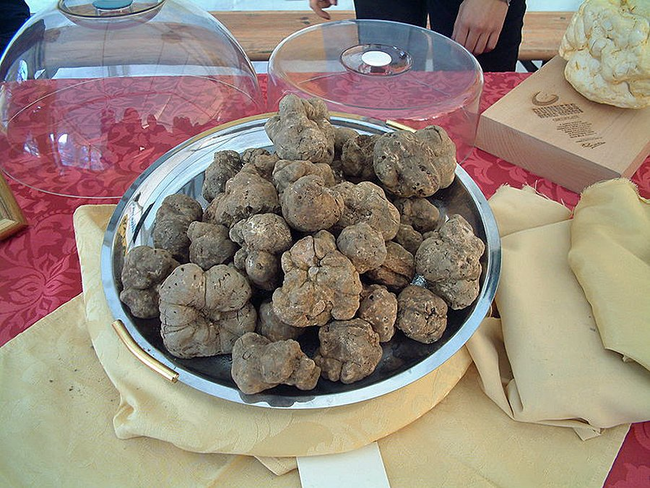 share
share
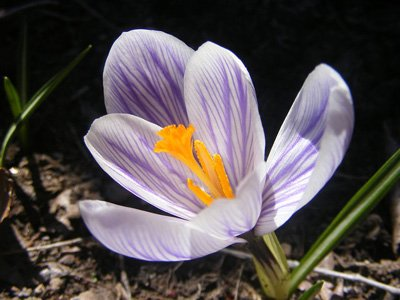 share
share
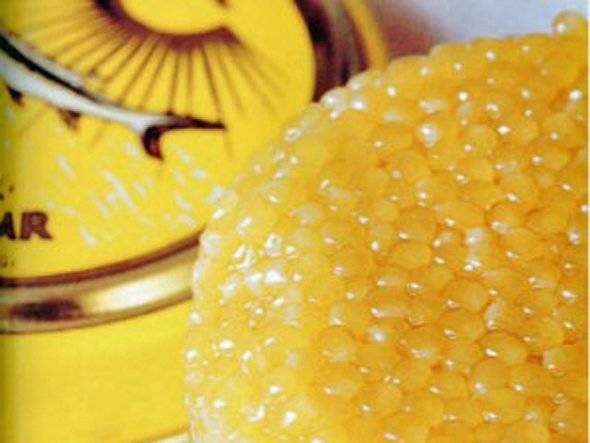 share
share
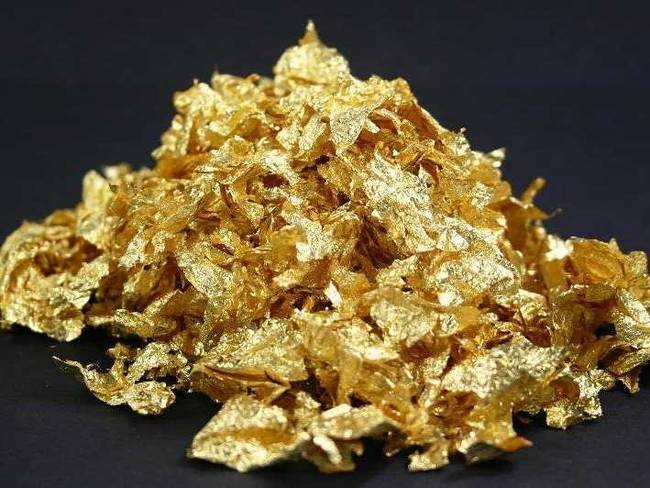 share
share
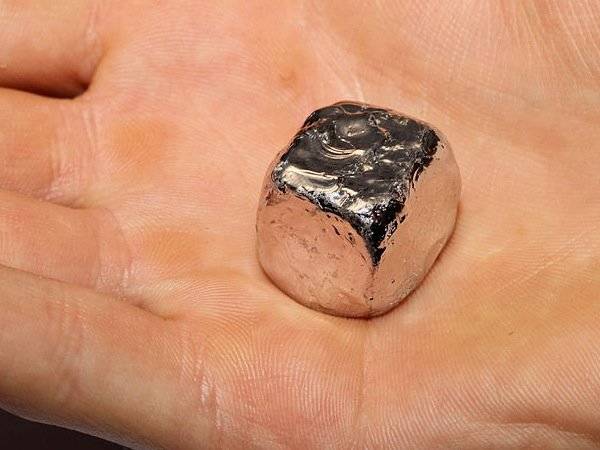 share
share
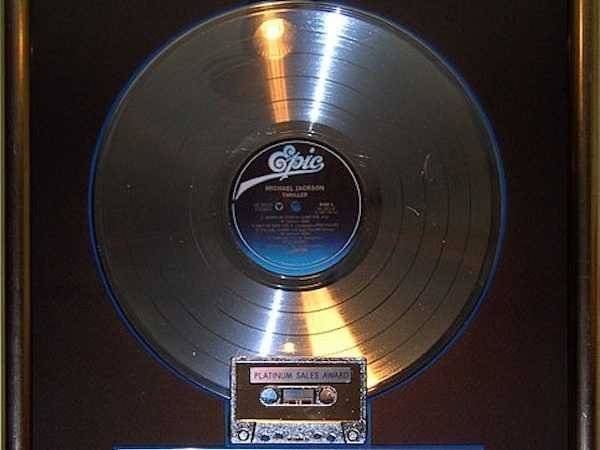 share
share
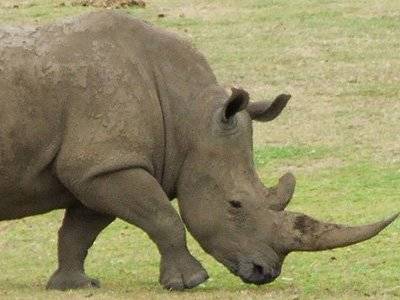 share
share
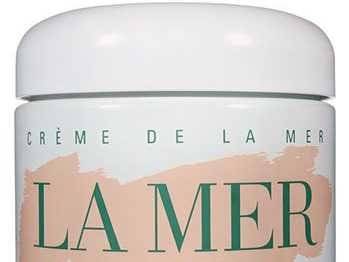 share
share
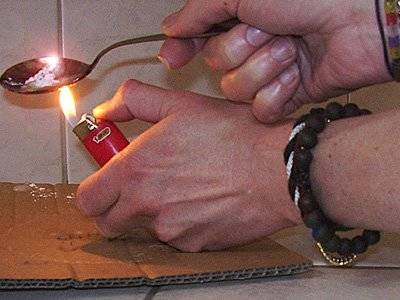 share
share
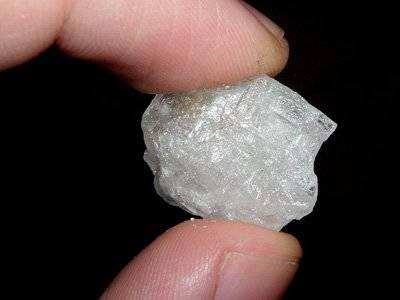 share
share
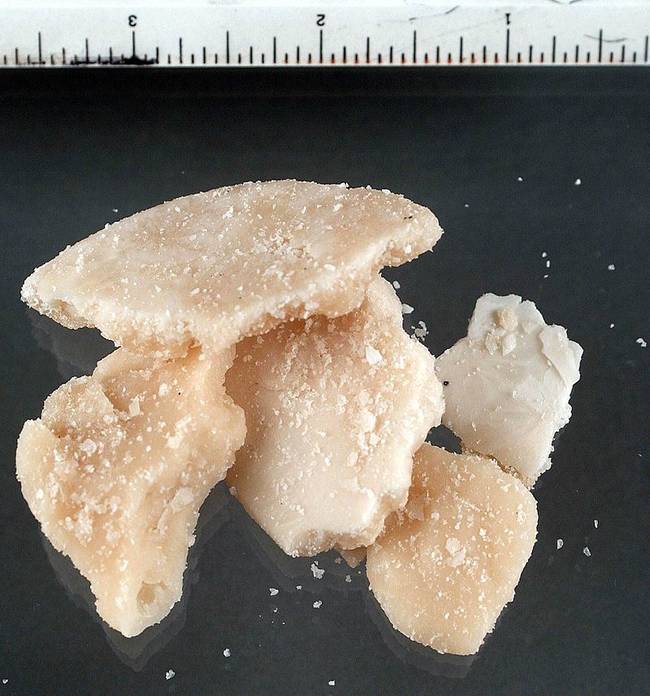 share
share
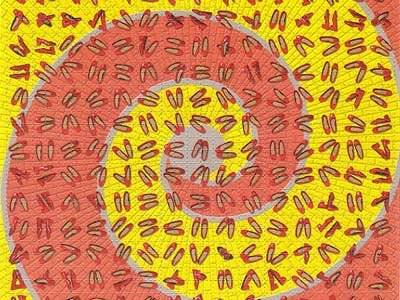 share
share
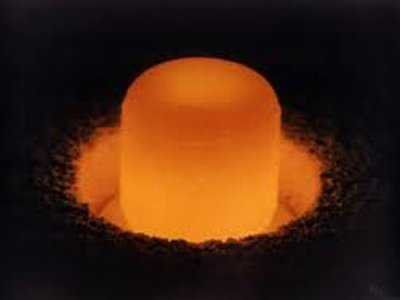 share
share
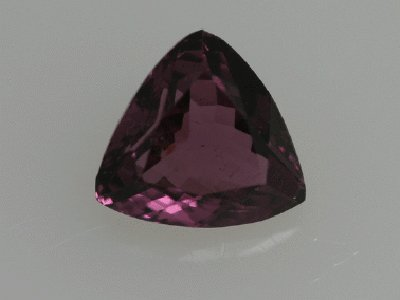 share
share
 share
share
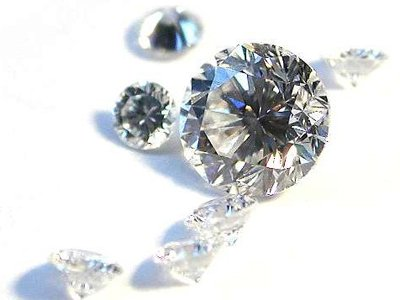 share
share
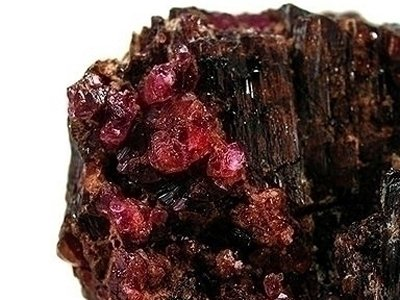 share
share
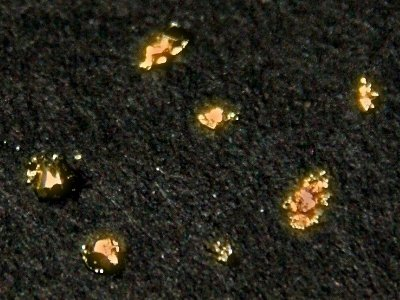 share
share
 share
share



